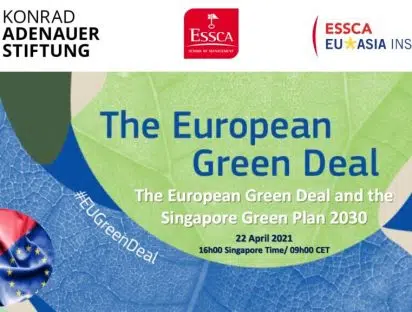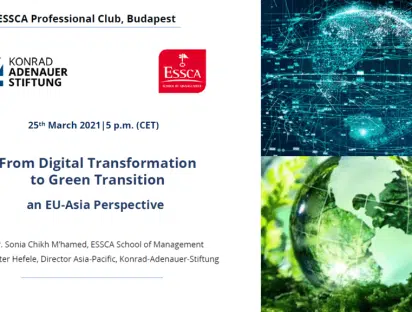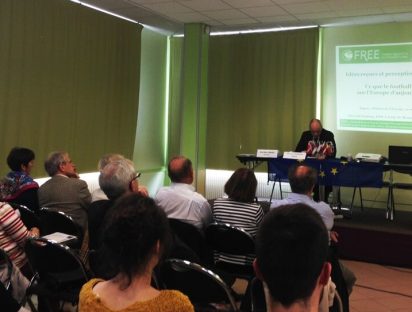1st exploratory workshop of the NextEU-China Relations Focus Team
Date: Monday 26 & Tuesday 27 September 2022 Venue: ESSCA Campus Angers & Online (TEAMS)
In this chaotic era, with twelve focused presentations, researchers from Germany, France, China, Belgium, Great Britain, Slovenia, etc. discussed and debated EU-China relations, current issues and future trends. Participants were generally concerned about the current situation in China-EU relations. “Uncertainty”, “divergence”, “challenge”, “competition”, “rivalry”, “ideologisation”, “winter”, and “darkness”, were all expressions of a pessimistic future. However, “opportunity”, “dialogue”, “partnership”, “preparation”, “patience”, and even “flower”, represented a shimmer of hope and expectation. Collectively, the workshop constructed a kind of ‘positive pessimism’ as a spirit for future EU-China relations.
As a first exploratory workshop, it raised more questions than answers. For example, is change on the EU side responsible for the “coming winter”? Should China be considered and treated as a normative power when facing the EU? Have EU-China relations, which were based on a mix of values and interests until now, changed to focus only on the interests and power of the two sides? How should we interpret China’s response to the Russia-Ukraine war? To what extent are the different conceptions of ‘nation’ between the EU and China a cause of current tension? Within the trend of ideologisation, is there still room for EU-China cooperation? Can the West live with Chinese discipline? What is the limit of acceptance? What are the Chinese characteristics of its space policy, in its globalising ‘Belt and Road Initiative’ (BRI)? How should we handle the tension between the coupled economic, trade and investment links and diverging political and diplomatic relations? What will an EU post-pandemic policy package be towards China?
Rather than giving hasty and simple answers, the workshop identified some clues based on social science theories: actor-centred institutionalism, constructivism, national role conception, cognitive psychology, anticipative methodology, social action theory, etc. All these approaches can provide alternative analytical tools to mainstream liberalism, realism, and geostrategy frameworks.
Being stimulated by questions rather than answers, by emerging approaches rather than established paradigms, the workshop is just a first step of exploration. Book series, journal articles, and follow-up workshops will be pursued. Where will the next meeting take place? Shanghai? Brussels? or Ljubljana? Who knows? But one thing is for sure, the initiative of the “NextEU-China Focus Team” has just begun.




